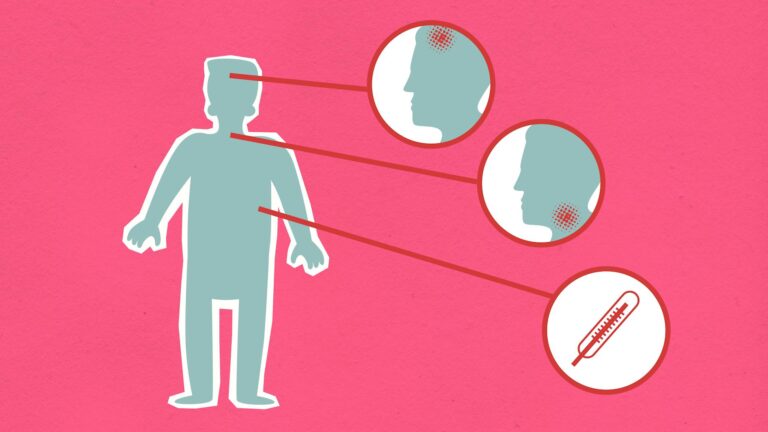### How Resistance Training Strengthens the Brain
Resistance training, often associated with building muscle, also has a profound impact on brain health. While many people think that cardio exercises like running or cycling are the best way to improve mental well-being, resistance training offers unique benefits that can enhance cognitive function and overall brain health.
### What is Resistance Training?
Resistance training involves activities that challenge your muscles to work against a load. This can be done with weights, resistance bands, or even bodyweight exercises like push-ups and squats. Unlike cardio exercises, which focus on sustained movement to elevate your heart rate, resistance training targets specific muscle groups to build strength.
### How Does Resistance Training Affect the Brain?
1. **Boosts Growth Factors**: When you engage in resistance training, your body produces more Insulin-like Growth Factor 1 (IGF-1). IGF-1 is crucial for the survival and growth of brain cells, supporting synaptic plasticity—the ability of neurons to change and adapt. This process is vital for learning and memory.
2. **Reduces Inflammation**: Chronic inflammation in the brain is linked to anxiety, depression, and cognitive decline. Resistance training has been shown to lower inflammatory markers like C-reactive protein, providing long-term protective effects for brain health.
3. **Enhances Cognitive Function**: A study published in the British Journal of Sports Medicine found that resistance training improves executive function. This means you can better plan, focus, and switch between tasks. It also enhances memory, particularly in older adults, by improving the efficiency of neural connections.
4. **Improves Emotional Regulation**: Regular resistance training can strengthen the connection between the prefrontal cortex (responsible for decision-making and emotional control) and the amygdala (the brain’s alarm system). This leads to better emotional regulation and resilience under stress.
### Why Should You Incorporate Resistance Training into Your Routine?
1. **Long-term Mental Health Benefits**: Resistance training significantly reduces the risk of developing anxiety and depression. A meta-analysis found that individuals with high levels of physical activity had a 17% lower risk of developing depression compared to those with low activity levels.
2. **Improved Brain Health**: By stimulating the production of growth factors like IGF-1 and BDNF (Brain-Derived Neurotrophic Factor), resistance training supports the health and function of brain cells. This can help prevent age-related cognitive decline and even reduce the risk of neurodegenerative diseases like Alzheimer’s.
3. **Versatility**: Resistance training can be adapted to various fitness levels and goals. Whether you’re a beginner or an experienced athlete, there are numerous exercises and routines available to suit your needs.
### Conclusion
Resistance training is not just about building muscle; it’s also a powerful tool for enhancing brain health. By incorporating resistance exercises into your routine, you can improve cognitive function, reduce inflammation, and boost growth factors that support neural health. Whether you’re looking to improve your mental well-being or simply want to stay physically and mentally fit, resistance training is an excellent addition to any fitness regimen.





